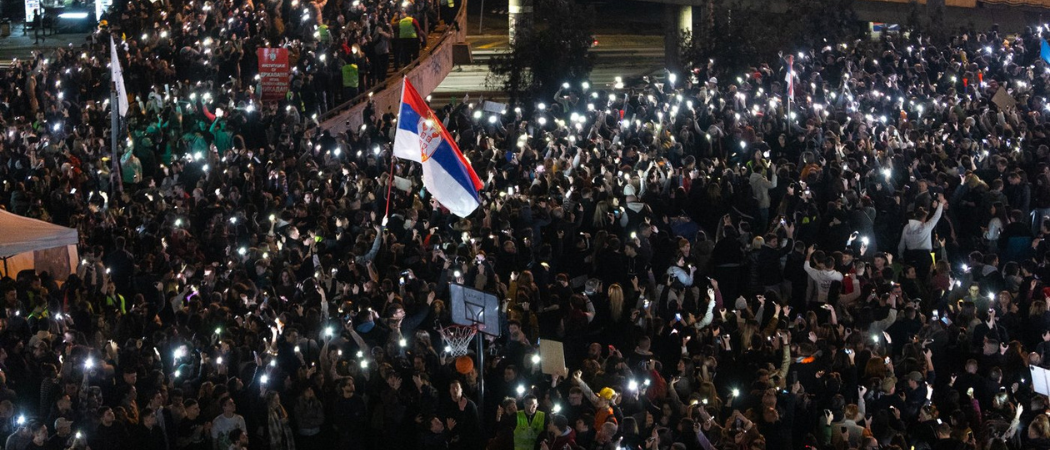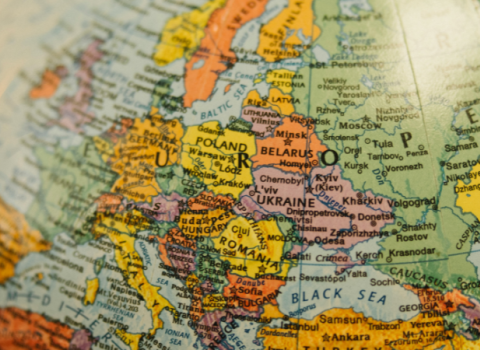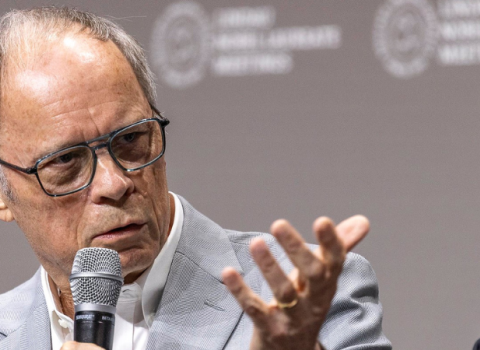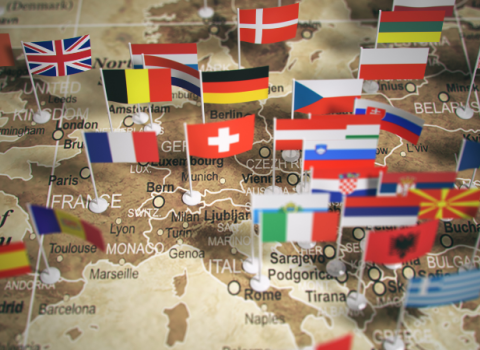Boycotts and blockades have disrupted university teaching and exams, and are starting to affect research projects

Photo credits: Bojan Džodan
Student protests in Serbia, triggered by the collapse of a public building in November, are starting to have an impact on academic life in the country. Some researchers and lecturers have had activities disrupted by boycotts and demonstrations, which have blocked access to faculty buildings. Others have stopped work to join the protests.
“I boycotted January,” a young researcher, who wanted to remain anonymous, wrote on a Facebook group for Serbian academics. “I find it really hard to pretend that everything is ok [. . .] It’s very difficult for me to continue with my activities, because it’s like I’m maintaining a glimpse of normality, and nothing is normal.”
The cost for this researcher included missing a grant application deadline and not attending an international conference. And just thinking of academic deadlines at all amid the mayhem was a struggle.
“Everything has slowed down due to the blockades of the faculties,” said Milan Ivanov, a medical researcher at the University of Belgrade. “I joined the protests because I believe that students are fighting for the right things. I support the students’ demands because they are not political, and they are clearly defined. I want the institutions of the Republic of Serbia to do their job. That everyone is responsible for their own actions.”
The protests were triggered by the deaths of 15 people, including a six-year-old child, when the canopy of a newly renovated train station in Novi Sad collapsed on November 1. The students see this incident as the culmination of years of bad governance and corruption, and are demanding that the country’s institutions start doing their work properly.
Many universities and scientific institutions have backed them, calling for a full response to their demands. These include full and transparent publication of all documents related to the railway accident, prosecution of individuals who violently disrupted protests, and the release and acquittal of all students arrested during the protests. A final demand is for a 20% boost to the higher education budget.
Voicing its support on February 6, the Institute of International Politics and Economics in Belgrade said it believed the student demands were “relevant societal questions for the democratic future of Republic of Serbia.” It called on the relevant authorities “to fully respond to student’s valid requests in the shortest possible time.”
Meanwhile, the Circle U European University alliance, which includes the University of Belgrade, expressed its “strong support” for the students and their demands. It also voiced concerns that its Serbian member was “under significant pressure that clearly challenges institutional autonomy, academic freedom and, more broadly, democracy.”
The government said at the end of January that it had met all the students’ demands, but the students and other critics remain unconvinced. They point out, for example, that the extra 12 billion Serbian dinars (around €100 million) announced for the higher education budget appears to be a one-off addition rather than a baseline increase backed by law.
So, the protests continue, with the addition of calls for a general strike, including by research workers.
Negative impacts
The protests may be having a “temporarily negative impact” on projects, but most researchers are “finding their way through this situation,” according to Dejan Vukobratović, a professor in the Faculty of Technical Sciences at the University of Novi Sad.
Funding bodies have proved sympathetic, with the national Science Fund extending application deadlines twice in response to concerns that it was difficult for researchers to assemble the documentation needed in time.
The situation is also starting to affect some EU-funded initiatives, such as the Blessed fuel cell project. This includes an industrial doctorate network in Serbia , where PhD students spend 18 months in industry and 18 months in a Serbian research institution. But with university faculties blocked, students enrolled in Serbia cannot take the required exams, which prevents their formal enrolment in the programme.
“If such a situation persists in the spring of 2025 it will directly impact the project’s progress and the students’ academic trajectory,” said Igor Stanković, principal researcher at the Institute of Physics in Belgrade, who is coordinating the network for the University of Belgrade.
“Additionally, there are discussions about pausing work on EU-funded projects altogether, which could have broader consequences for international collaborations,” he said. “Such disruptions will likely affect research partners in other involved countries, especially those involved in joint initiatives.”
In response to the situation, he and other principal investigators and project coordinators are now drafting a letter to the Research Executive Agency and the European Commission to raise awareness about these issues.
Support continues
Despite the challenges, support for the students remains strong. Miloš Stojaković, a mathematician at the University of Novi Sad, said his institution gave unwavering support for the student blockades from the start.
“We actively support them in their goals, ensuring that our actions align with their endeavours,” he said. “At the same time, the students are making a concerted effort to minimise disruptions to our scientific work, as the blockade primarily focuses on teaching activities and exams.”
He thinks that months of disruption may end up having positive impact on his university.
“We’ve built stronger connections, not just with the students but also among ourselves, through more open and sincere communication,” he said. “The university blockade has encouraged us to explore new methods of interaction and introduce innovative practices. It’s already evident that this movement will bring significant improvements across all levels, positively impacting both the academic environment and beyond.”
One emerging challenge for Serbia’s universities is how to handle students who have missed so many classes and exams that they would normally have to repeat a year. The University of Belgrade, for example, announced on February 6 that it had formed two expert-working groups to help produce a response.
Science Business has approached Serbia’s science and education ministries for comment, as well as the cabinet of the president.





 A unique international forum for public research organisations and companies to connect their external engagement with strategic interests around their R&D system.
A unique international forum for public research organisations and companies to connect their external engagement with strategic interests around their R&D system.